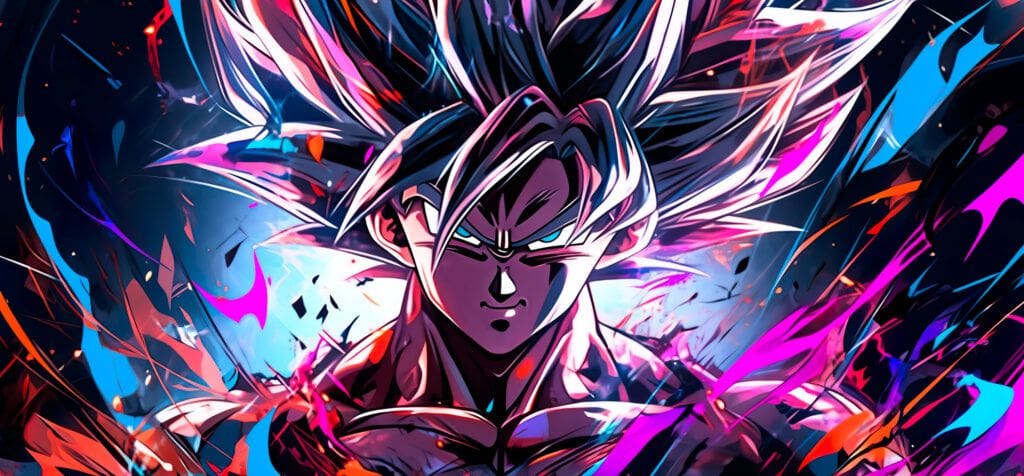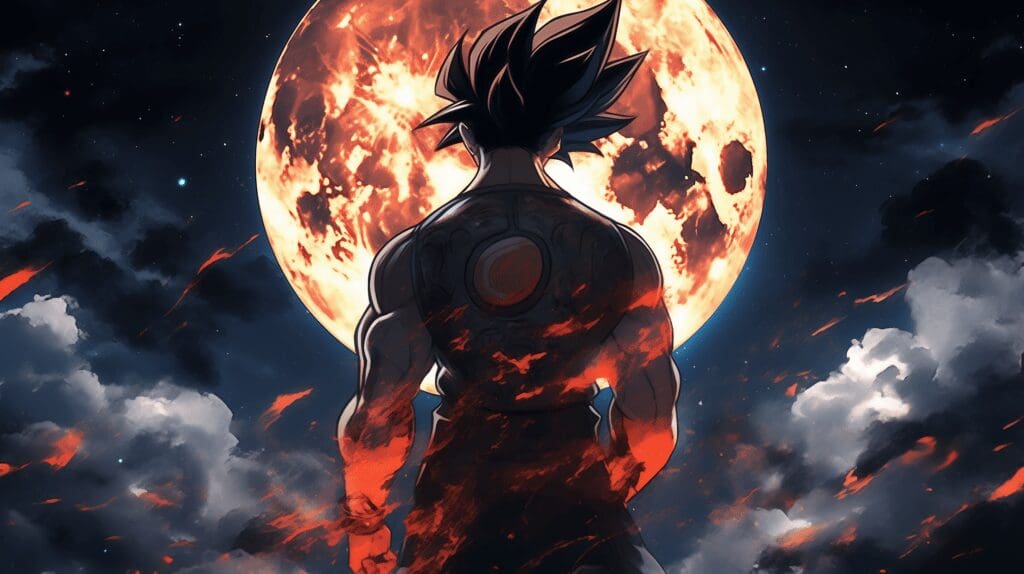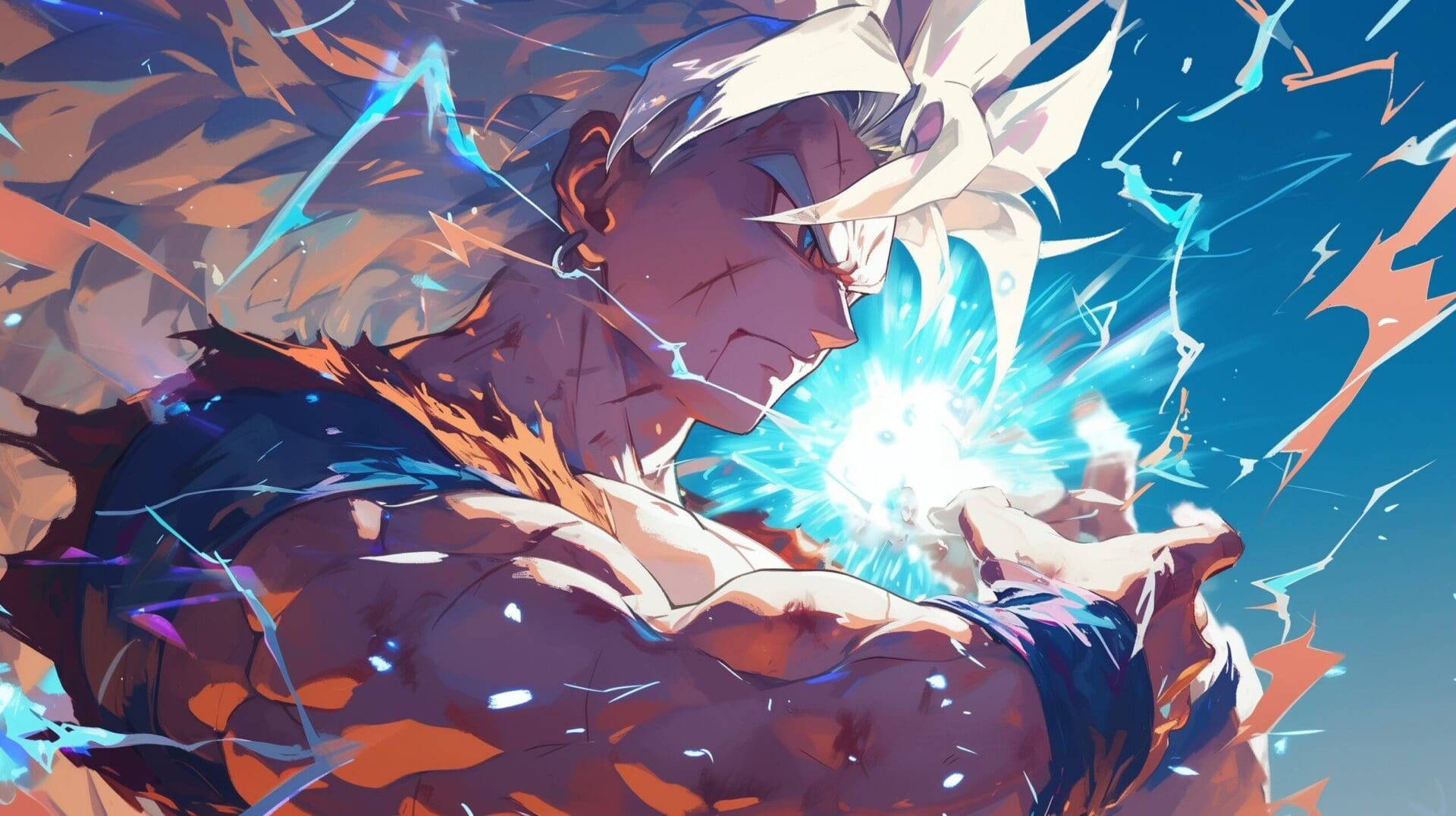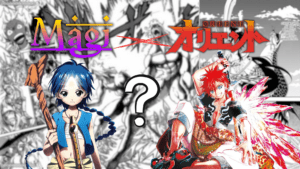When I was a budding fanfiction writer back in the early days of fandom internet (dark, dark days that I both miss terribly and never want to relive again), one of my favorite things was to look up names. I mean, I’d have original characters in my writing that would need really unique names with edgy meanings so I can really drive their coolness home. And it’s from that research I truly learned how much work goes into the aesthetic of an anime, down to the language.
A lot of people might not be aware of how Akira Toriyama actively used food jargon as a naming device for a lot of his characters in Dragon Ball. Think of the Saiyans, which is derived from the Japanese word for vegetables. Vegeta, if you want to get more literal. You have Bardock, Beetz, and so many more. So, it’s surprising that the protagonist’s name doesn’t have the same origins. Son Goku is the Japanese iteration of the name Sun Wukong, a character from Journey To The West, the legend on which Dragon Ball is based on.
But, like most things, that isn’t the only thing it stems from. Son Goku is a double entendre, with one referencing the character and the other being its literal definitions. Son is very similar to the word used for ‘Monkey,’ and the Goku part signifies ‘emptiness’. More specifically, Buddhist enlightenment about the Void. Which, I mean, that sounds very deeply philosophical until you put the names together and realize how funny it is.
However, it’s little Easter Eggs like these that turn an average story into a fun and interesting one. Tiny hints and references that are playfully scattered for the audience to pick through are what intrigue me about a tale. It means that the creator has put a lot of time and effort into even the smallest details. And wordplay, in general, is just my jam. So, let’s discuss the etymology of Dragon Ball, starting with the Super Saiyan himself!
Table of Contents
What Does Son End Up Meaning In Japanese

Listen, I love myself a good pun. You tell me there is a fun, quirky little secret behind someone’s vocabulary, and I’m instantly chuffed. It adds so many layers to the significance of a name instead of it just ‘sounding cool’.
And with the legend that Dragon Ball sources most of its lore from, it just makes it that much more interesting. Journey To the West is a popular tale from China, which focuses on the adventures of the Monkey King. But when you look at Japanese side of things, Son Goku takes a more literal stance.
Son can be translated into grandchild or descendent. But Goku is broken into two. Go stands for wisdom or to awaken enlightenment. But Ku is vaguer, meaning anything from ‘empty’ to ‘void’, or simple ‘space’. Put it all together, and it translates into something like ‘Master Of Knowing Nothing’, which just sounds like an insult!
However, this is where the double meaning comes to play. Since Journey To The West is of Chinese origin, it pulls heavily from Taoist influence. And similarly, Goku shows those traits well. In Buddhism, becoming enlightened means reaching a higher being, where ‘nothing matters’.
Simply put, Son Goku is a being that rises above!
What Gohan Ends Up Translating Into

Now, how does that same logic work with his kids? Let’s take a look at Son Gohan’s name and its origins!
To be honest, Gohan is much more straightforward than his father when it comes to this There is no fancy entendre, nothing that’s hidden. With him, we return back to the food allegory because Gohan just stands for ‘rice’. That’s it. But then again, Gohan is the word Japanese people use for lunch in general. That could be because rice is part of almost every meal, but it could also be just a generalizing term.
As for the Son bit, well, he is Goku’s kid. So that just might be an inheritance thing!


















What do you think?
It is nice to know your opinion. Leave a comment.